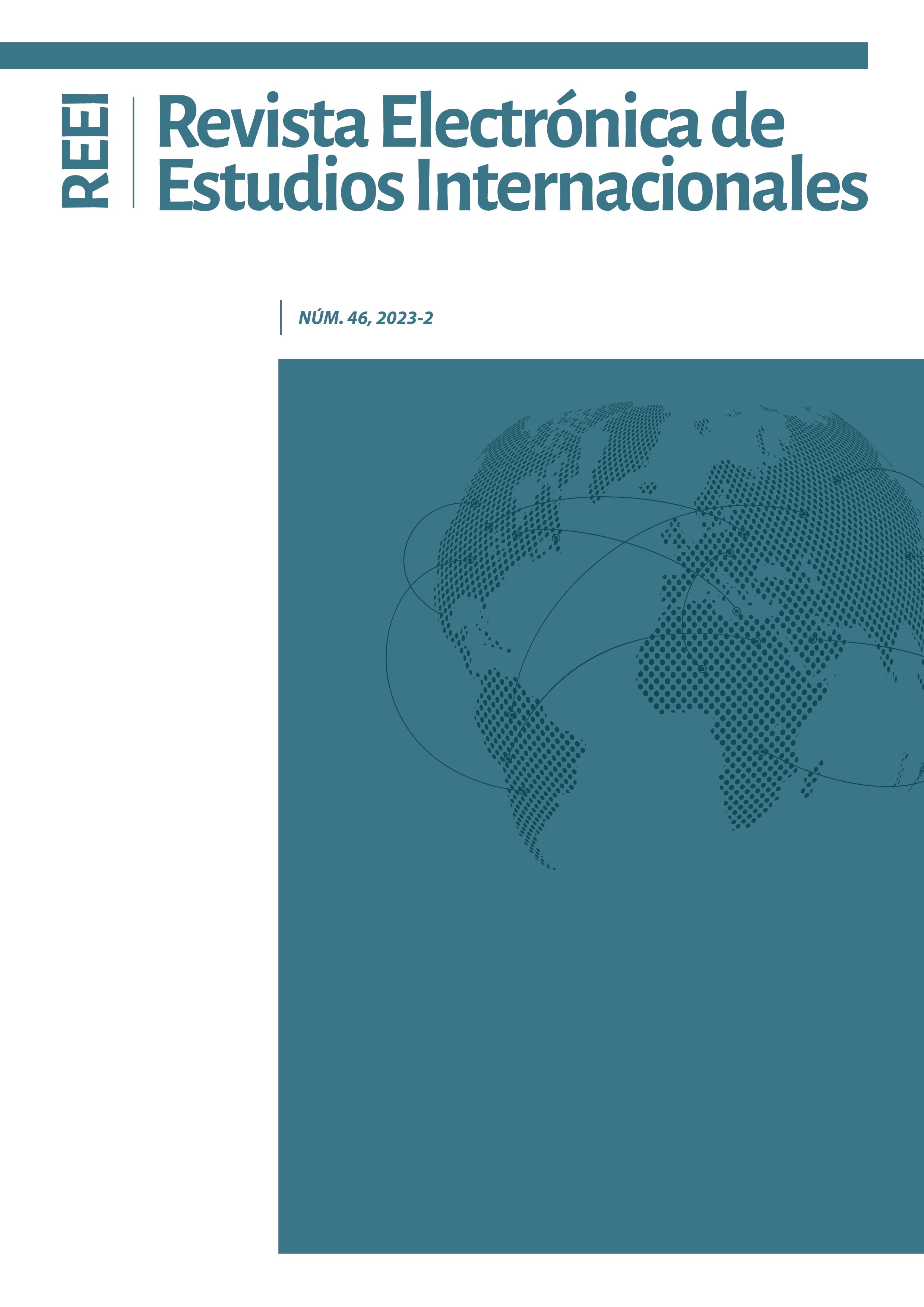La explotación de los recursos naturales del espacio ultraterrestre y sus cuerpos celestes a la luz del artículo II del Tratado del Espacio (1967)
DOI:
https://doi.org/10.36151/reei.46.03Palabras clave:
Tratado del Espacio, libertad de exploración y utilización, escasez, principio de no apropiación, práctica ulteriorResumen
La explotación de los recursos naturales del espacio ultraterrestre y sus cuerpos celestes es un tema de gran actualidad, lo cual no debería sorprendernos, dado que las previsiones indican que en la próxima década podría convertirse en una realidad. Sin embargo, en la situación actual, no existe consenso a la hora de afirmar o negar con rotundidad si, desde un punto de vista jurídico, la explotación de estos recursos está permitida en el marco del actual derecho internacional. En el centro de la polémica se encuentra el artículo II del Tratado del Espacio, el cual establece el principio de no apropiación del espacio ultraterrestre y sus cuerpos celestes, sin hacer referencia a los recursos naturales que ahí se encuentran. A través de una revisión doctrinal, y del estudio de la práctica ulterior de los Estados, se pretende deducir si, efectivamente, el principio de no apropiación afecta o no a estos recursos, y, por tanto, si la explotación de los recursos naturales del espacio ultraterrestre y sus cuerpos celestes es una actividad no prohibida por el derecho internacional espacial.
Descargas
Publicado
Número
Sección
Licencia
Derechos de autor 2023 Revista Electrónica de Estudios Internacionales

Esta obra está bajo una licencia internacional Creative Commons Atribución-NoComercial-SinDerivadas 4.0.




